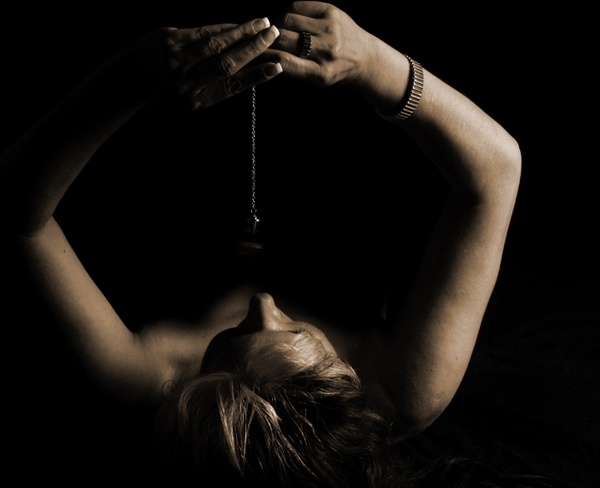Esteem-Threatening Events

From the
standpoint of sociometer theory, events that threaten self-esteem have their
effects not because they challenge self-esteem per se but rather because they
raise the specter of relational devaluation and rejection. Leary et al. (1995,
Study 1) provided direct evidence that events that lower self-esteem are those
that people assume might lead others to reject them. Participants were given a
list of behaviors that varied in social desirability, such as “I donated
blood,” “I lost my temper,” and “I cheated on my boyfriend or girlfriend.” They
went through the list once and indicated how they thought other people would
react toward them if they performed each behavior (1 = many people would reject
or avoid me; 5 = many people would accept or include me). Later, they went
through the list again and indicated on bipolar adjective scales how they would
personally feel about themselves (e.g., good-bad, valuable-worthless) if they
performed each behavior. The canonical correlation between participants’ ratings
of others’ reactions vis-a-vis inclusion-exclusion and their own feelings about
themselves was .70, and the order of the two sets of ratings was virtually
identical. These data suggest that how people feel about themselves (i.e.,
their state self-esteem) after behaving in particular ways is a function of how
they think others will react.











Post a Comment